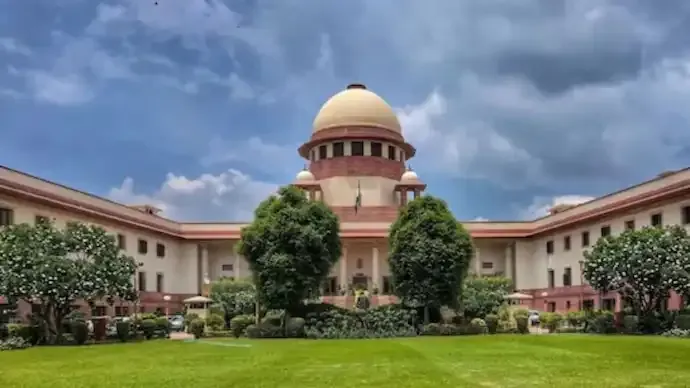Shopping cart
Your cart empty!
Terms of use dolor sit amet consectetur, adipisicing elit. Recusandae provident ullam aperiam quo ad non corrupti sit vel quam repellat ipsa quod sed, repellendus adipisci, ducimus ea modi odio assumenda.
Lorem ipsum dolor sit amet consectetur adipisicing elit. Sequi, cum esse possimus officiis amet ea voluptatibus libero! Dolorum assumenda esse, deserunt ipsum ad iusto! Praesentium error nobis tenetur at, quis nostrum facere excepturi architecto totam.
Lorem ipsum dolor sit amet consectetur adipisicing elit. Inventore, soluta alias eaque modi ipsum sint iusto fugiat vero velit rerum.
Sequi, cum esse possimus officiis amet ea voluptatibus libero! Dolorum assumenda esse, deserunt ipsum ad iusto! Praesentium error nobis tenetur at, quis nostrum facere excepturi architecto totam.
Lorem ipsum dolor sit amet consectetur adipisicing elit. Inventore, soluta alias eaque modi ipsum sint iusto fugiat vero velit rerum.
Dolor sit amet consectetur adipisicing elit. Sequi, cum esse possimus officiis amet ea voluptatibus libero! Dolorum assumenda esse, deserunt ipsum ad iusto! Praesentium error nobis tenetur at, quis nostrum facere excepturi architecto totam.
Lorem ipsum dolor sit amet consectetur adipisicing elit. Inventore, soluta alias eaque modi ipsum sint iusto fugiat vero velit rerum.
Sit amet consectetur adipisicing elit. Sequi, cum esse possimus officiis amet ea voluptatibus libero! Dolorum assumenda esse, deserunt ipsum ad iusto! Praesentium error nobis tenetur at, quis nostrum facere excepturi architecto totam.
Lorem ipsum dolor sit amet consectetur adipisicing elit. Inventore, soluta alias eaque modi ipsum sint iusto fugiat vero velit rerum.
Do you agree to our terms? Sign up

In a significant judicial reversal, the Supreme Court recalled its earlier May 16 ruling that had prohibited the Centre from issuing retrospective environmental clearances. In a 2:1 majority decision delivered on Tuesday, the court reinstated the government’s authority to provide post-facto approvals for projects that had begun operations without mandatory environmental permissions.
The previous verdict—popularly known as the Vanshakti judgment—had declared post-facto green clearances illegal, stressing that a pollution-free environment is integral to the constitutional right to life. The bench had said that retrospective approvals undermine environmental law and allow violators to evade accountability.
The review was heard by a three-judge bench, where Chief Justice BR Gavai and Justice K Vinod Chandran formed the majority, allowing the recall of the earlier decision. Justice Ujjal Bhuyan dissented, maintaining that the law does not recognise ex-post facto environmental clearances.
The Chief Justice noted that striking down the mechanism entirely would render several public and private projects—worth thousands of crores—vulnerable to shutdown or demolition. The bench observed that both the 2013 notification and the 2021 Office Memorandum had provided a structured process to assess violations and impose stringent penalties while still permitting corrective approvals.
During the hearings, legal representatives for industries and infrastructure agencies warned that the May ruling had severe implications, putting major mining, energy, manufacturing and public works projects in jeopardy. Opposing voices, however, argued that legitimising post-facto clearances would embolden violators and weaken environmental safeguards.
The earlier judgment had invalidated the Environment Ministry’s 2021 guidelines enabling retrospective approvals, calling them arbitrary and contrary to the Environment Protection Act and the EIA Notification, 2006.
With Tuesday’s recall, the Centre once again has the legal authority to regularise past violations through penalties and compliance mandates—providing regulatory stability to several pending and ongoing projects.
54
Published: Nov 18, 2025